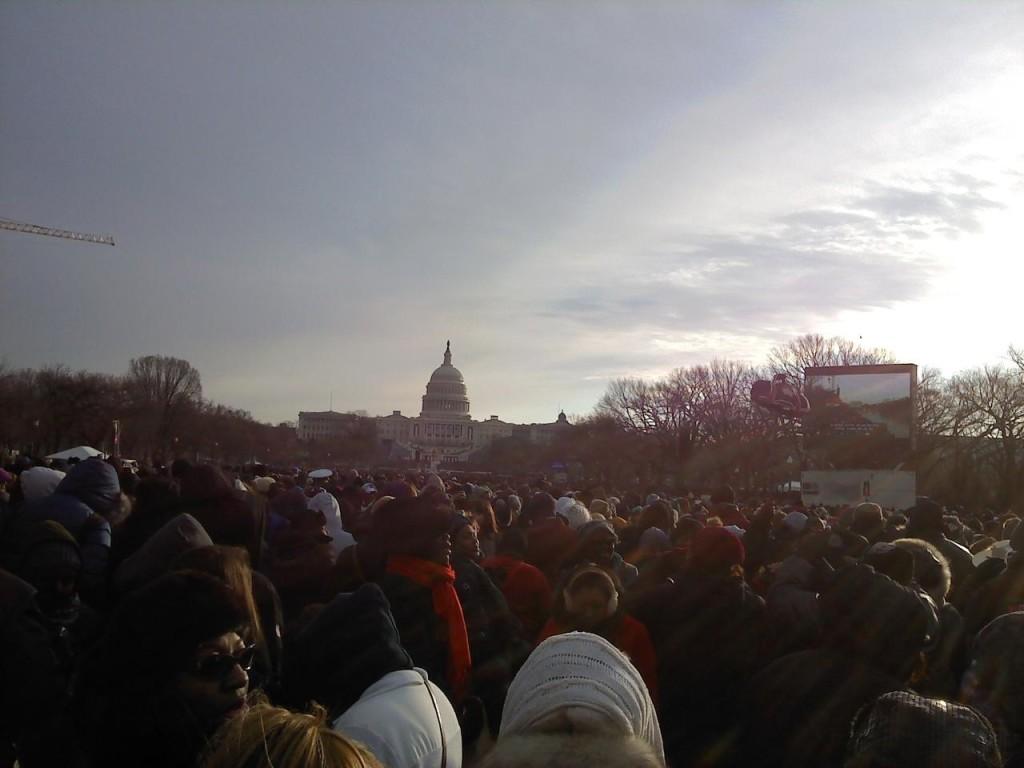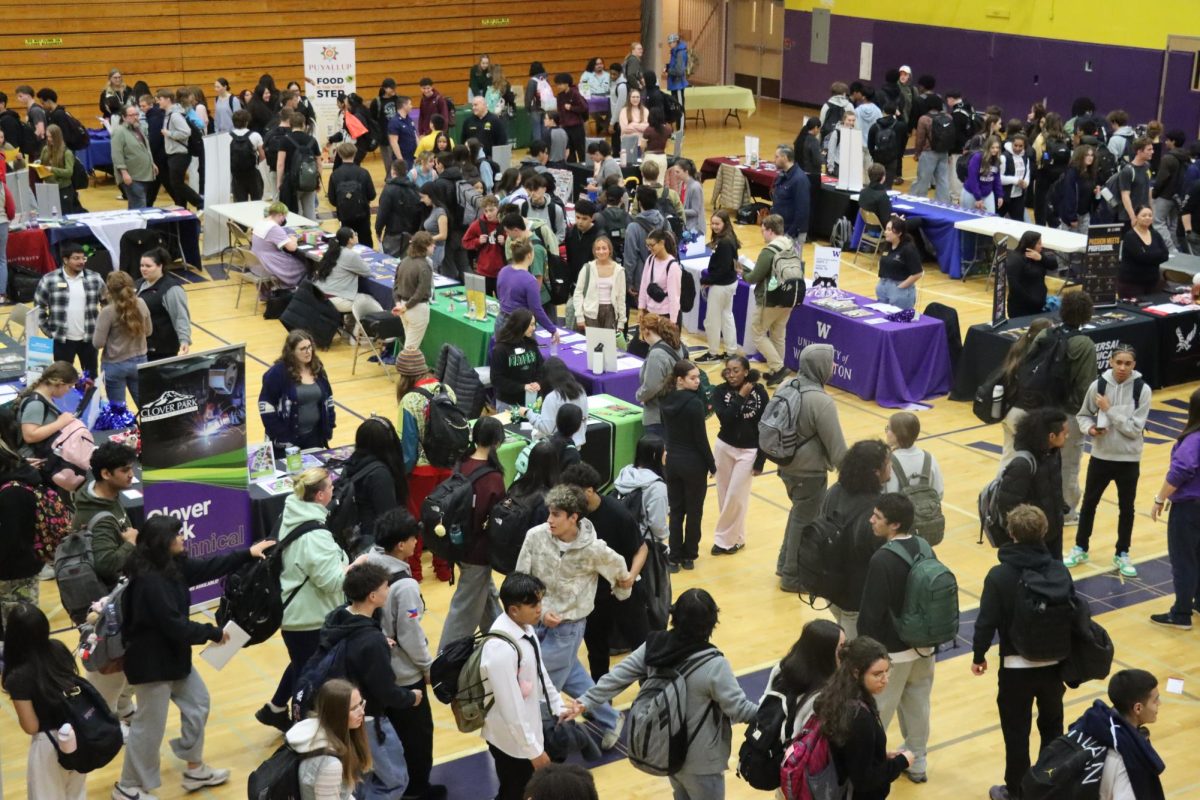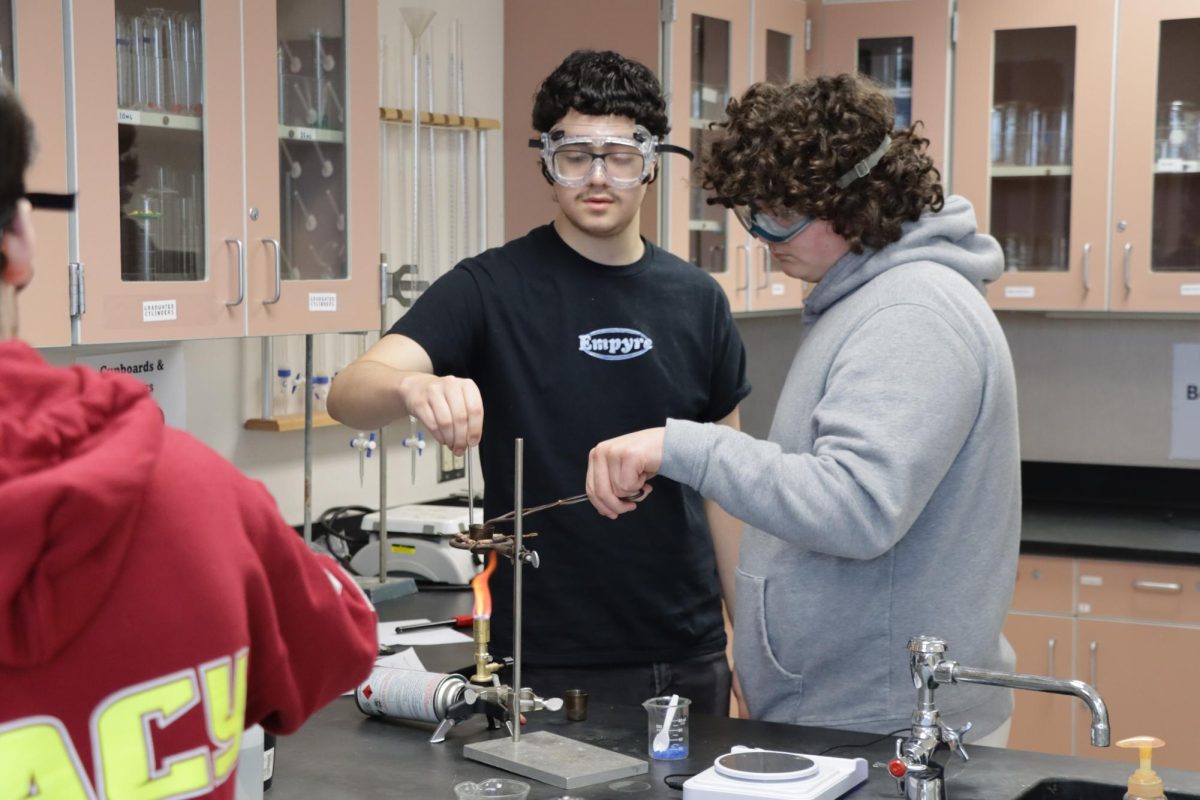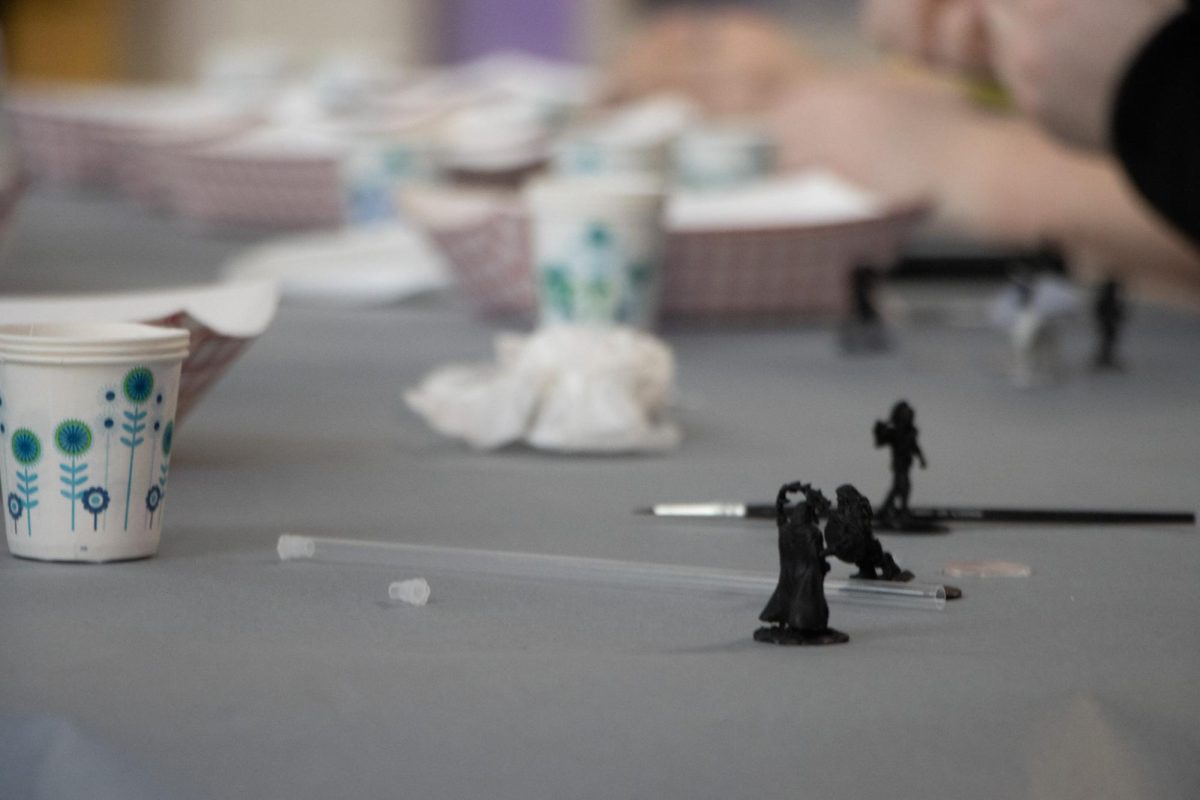Many students and staff drink them, but how many understand the addiction they are exposing their bodies to?
According to an article in the Journal of School Nursing (TJSN) October 2010, caffeine is a stimulant that affects the body, jolting the central nervous system.
Fast food, vending machines and convenient stores; three suppliers of caffeine whom are easily accessible to any age.
“Caffeine is the world’s most commonly used stimulant and it’s cheap and available so people can maintain their use of caffeine quite easily,” Roland Griffiths, professor of psychiatry and neuroscience at Johns Hopkins said.
TJSN stated that the energizing effect comes from caffeine’s ability to block adenosine from signaling the brain that the body needs rest.
“Kids who are drinking caffeinated drinks are the ones who have sleep deprivation,” psychology teacher Matt White said.
While students use sources of caffeine to pull an all-nighter or wake up, many barely know the side effects of consuming these drinks. Jared Crevling, senior, consumed four energy drinks before third period came around.
“I usually crash hard by fourth period and just sleep,” Crevling said. “I know if I don’t drink them before third, I get headaches.”
Higher doses of caffeine cause anxiety, dizziness, the jitters and aggravated heart problems, according to the website sponsored by The Nemours Foundation.
It may also affect your sleeping patterns if you take high doses of caffeine. In American Sign Language class, teacher Kara Harris, had a student OD on energy drinks. The student came in with a dripping forehead of sweat with shaking hands. He lived, but was hospitalized.
“I see kids that drink something with caffeine in it on an every day basis,” Karen Smith, the school nurse said.
Approximately 35 percent to 45 percent of adolescents and young adults report that they drink at least one energy drink per day (TJSN). They enjoy the burst of energy, but it never really assists them.
“I just like the taste of them,” Crevling said.
Drinking caffeinated beverages such as energy drink have a negative effect on their attention according to the senior English and debate teacher, Sarah Sherry.
“Kids with energy drinks are usually the ones squirreling around the class,” Sherry said.
To have less than 300 milligrams a day of caffeine is healthy in a person’s diet. However consuming more than that is when the body reaches an unhealthy limit according to a website sponsored by the National Council on Strength and Fitness.
The founders of the Family & Parenting Company have a few tips in order to substitute for caffeinated beverages. One is to eat an apple. Reasons being “fructose increases the blood-sugar and creates high alertness similar to caffeine’s energizing boost.”
“More and more kids are turning to caffeinated drinks as breakfast,” Smith said.
To change that, she recommends eating breakfast every morning and exercise to maintain focus throughout the day.
Without exercise, it can cause an individual to drag.





